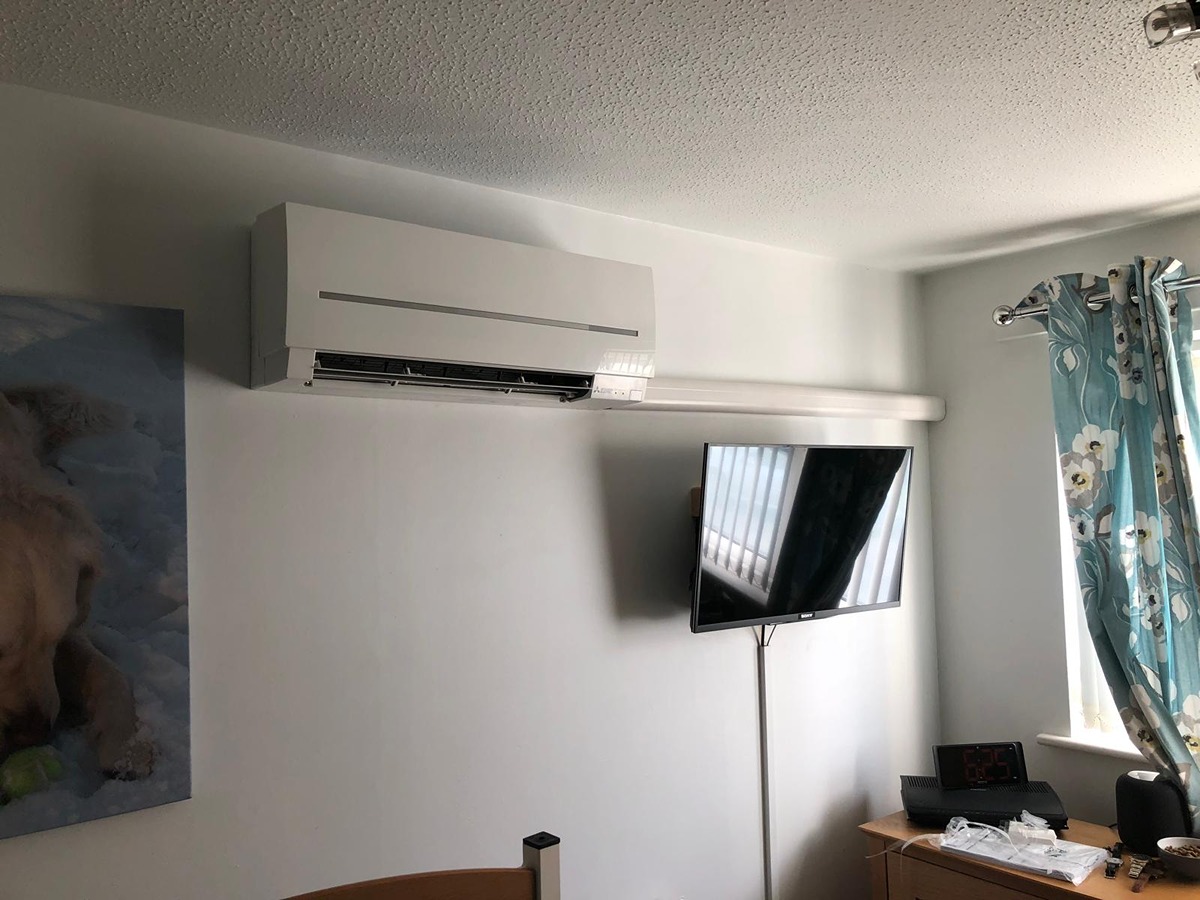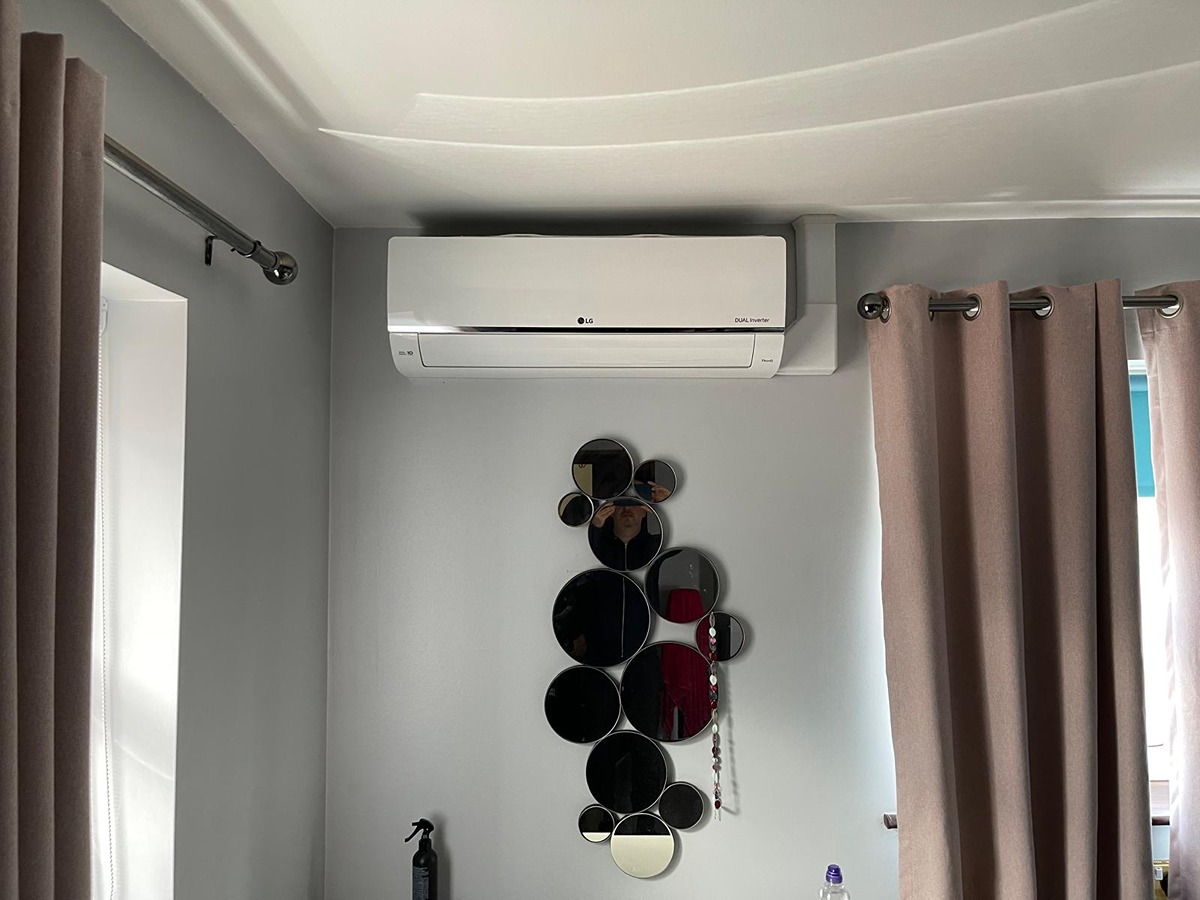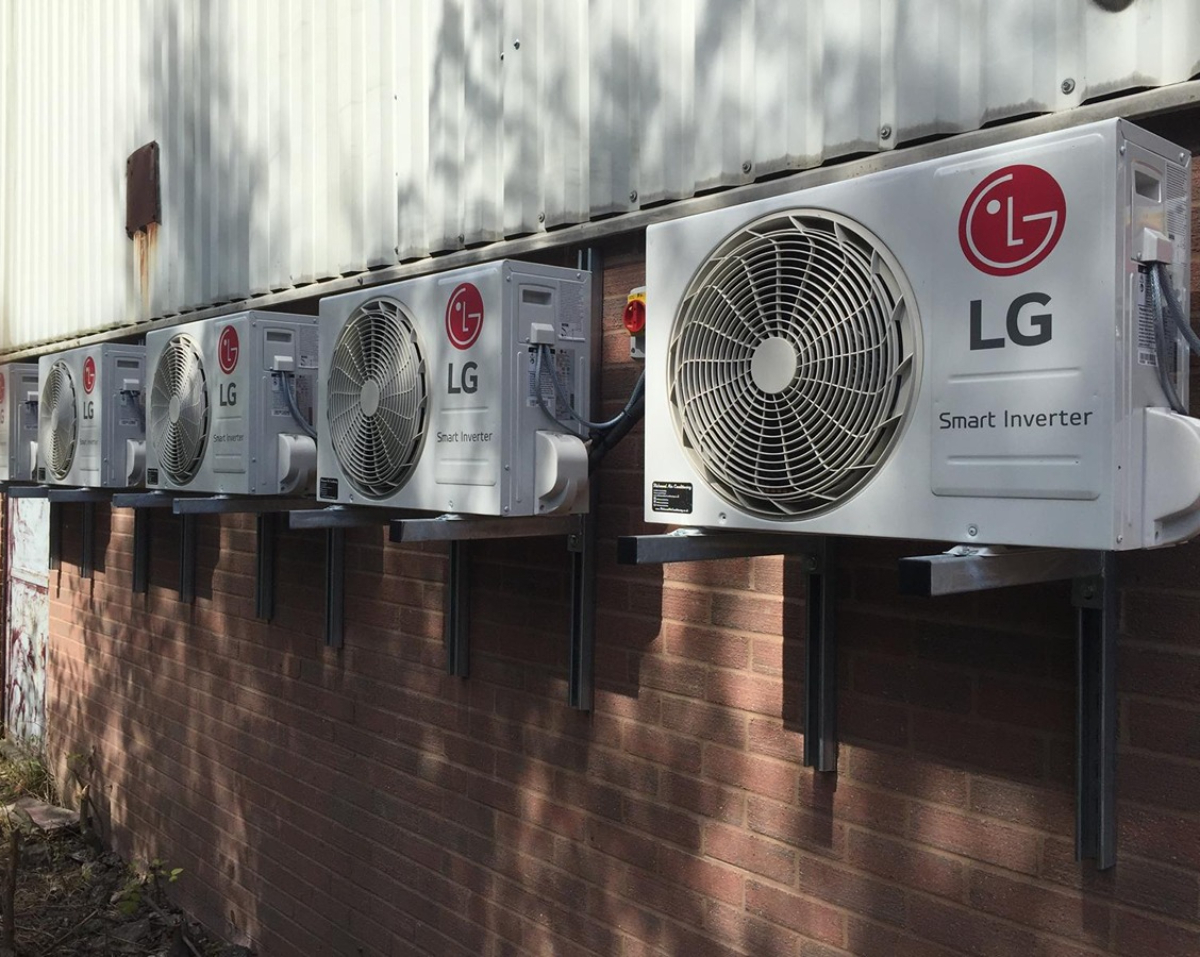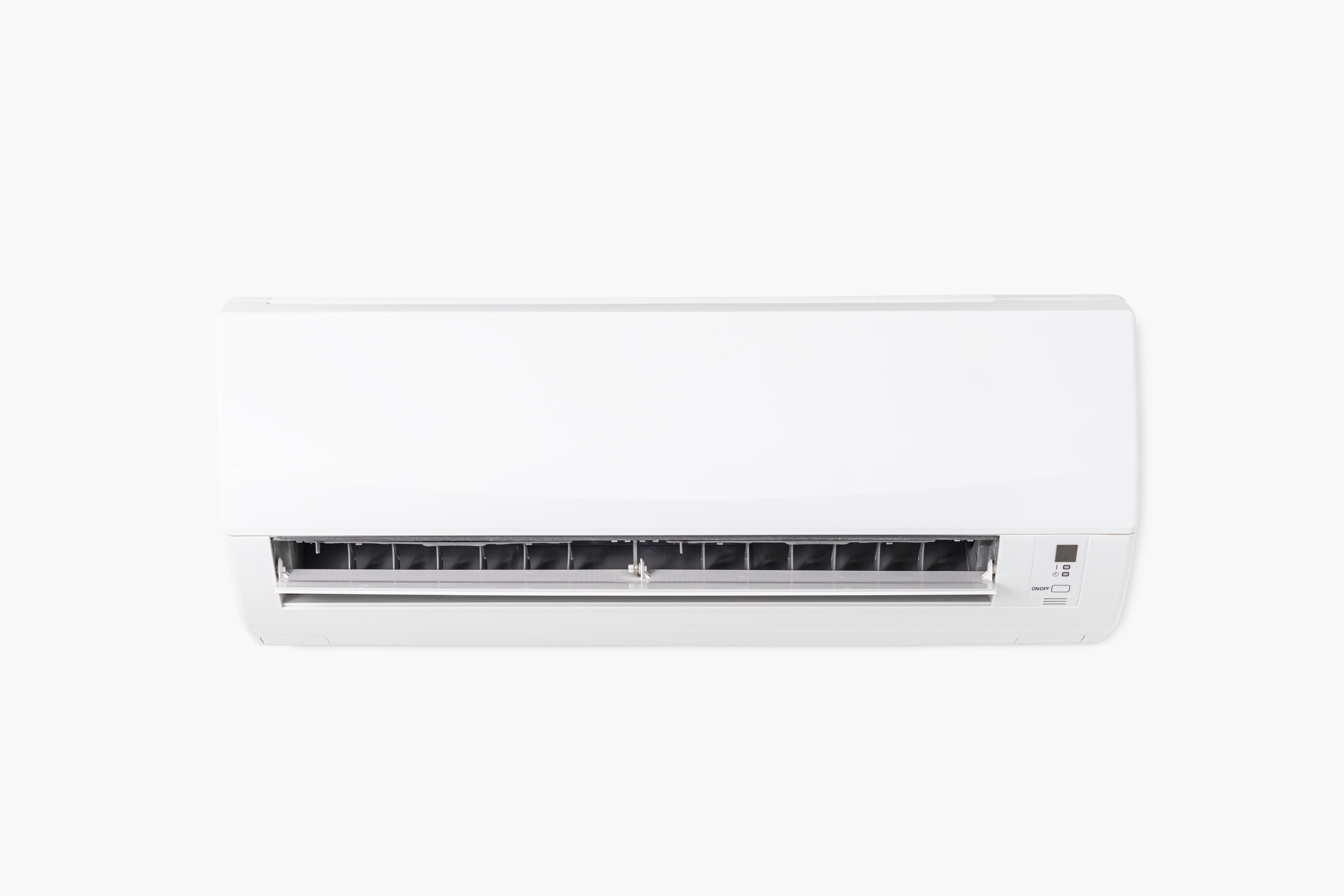Find out how home air conditioning can help with asthma and allergies. Learn how air conditioning systems improve indoor air quality by filtering allergens, reducing humidity, and creating a more comfortable environment for those with respiratory sensitivities.
Air Conditioning With Clean Filters Can Help Reduce Asthma And Allergies
Air conditioning units with clean filters can help reduce the effects of asthma and allergies, providing relief to those who suffer from these conditions. During the summer, many symptoms of asthma and allergies can worsen due to the heat and humidity. Air conditioning can reduce these issues by slightly cooling the indoor environment, making it easier to breathe.
Properly maintained AC units can control indoor humidity levels, which is crucial for reducing the triggers of asthma. These triggers include dust particles, dust mites, and pollen - all of which thrive in warm, humid conditions. By filtering out these allergens, a clean AC can help create a healthier indoor atmosphere.
Keeping any windows or doors shut when the AC is working can help stop allergens from outside affecting your indoor air quality. This practice can further reduce the severity of asthma and allergy symptoms, making life easier for those affected. Changing the filters on your AC frequently helps keep the system clean and working at its best.
A dirty filter allows allergens to circulate through your home. By keeping your AC's filters clean, you can decrease the risk of asthma attacks and improve the air quality in your home.
How Do AC Units Filter Out Allergens And Bacteria In Your Home?
Air conditioning units are essential for filtering out allergens, pollutants, dust, and bacteria. They remove these allergens through a complex filtration system designed to capture and remove small particles that can trigger asthma and allergies.
Filters in AC units can trap dust mites, mould spores, and pollen - among other things. This aspect is crucial for people with asthma and allergies, as it helps them breathe easier in their homes. Many air conditioning systems are equipped with features to control indoor humidity, which can help prevent the growth of mould and bacteria.
Mould and bacteria love excess moisture in the air - which can worsen the effects of allergies and asthma. However, the use of air conditioners can help reduce the likelihood of this. By circulating cooler air, AC units reduce the risk of allergens spreading throughout your home. Air conditioning units provide a continuous supply of fresh air, which is crucial during summer when allergens and pollutants are at their peak.
Air conditioners remove heat and moisture from indoor air, significantly reducing asthma triggers. Even during winter, certain air conditioning systems can maintain regulated humidity levels. This continual regulation helps control allergens and improves the air quality in your home.
Having your air conditioning system regularly checked and serviced ensures it operates effectively. Regularly cleaning the filters is a key part of this maintenance, as dirt or clogging can affect the system’s ability to filter clean air. Clean filters help the HVAC unit circulate clean and cool air, by using fans and coils. The HVAC system, consisting of heating, ventilation, and air conditioning, plays an important role in managing your air quality.
By keeping this system well-maintained, the risk of allergens wreaking havoc is significantly reduced. Air conditioning units are vital tools in combating indoor pollution and allergens. They trap and remove particles, control humidity levels, and ensure the circulation of clean, cool air throughout your home.
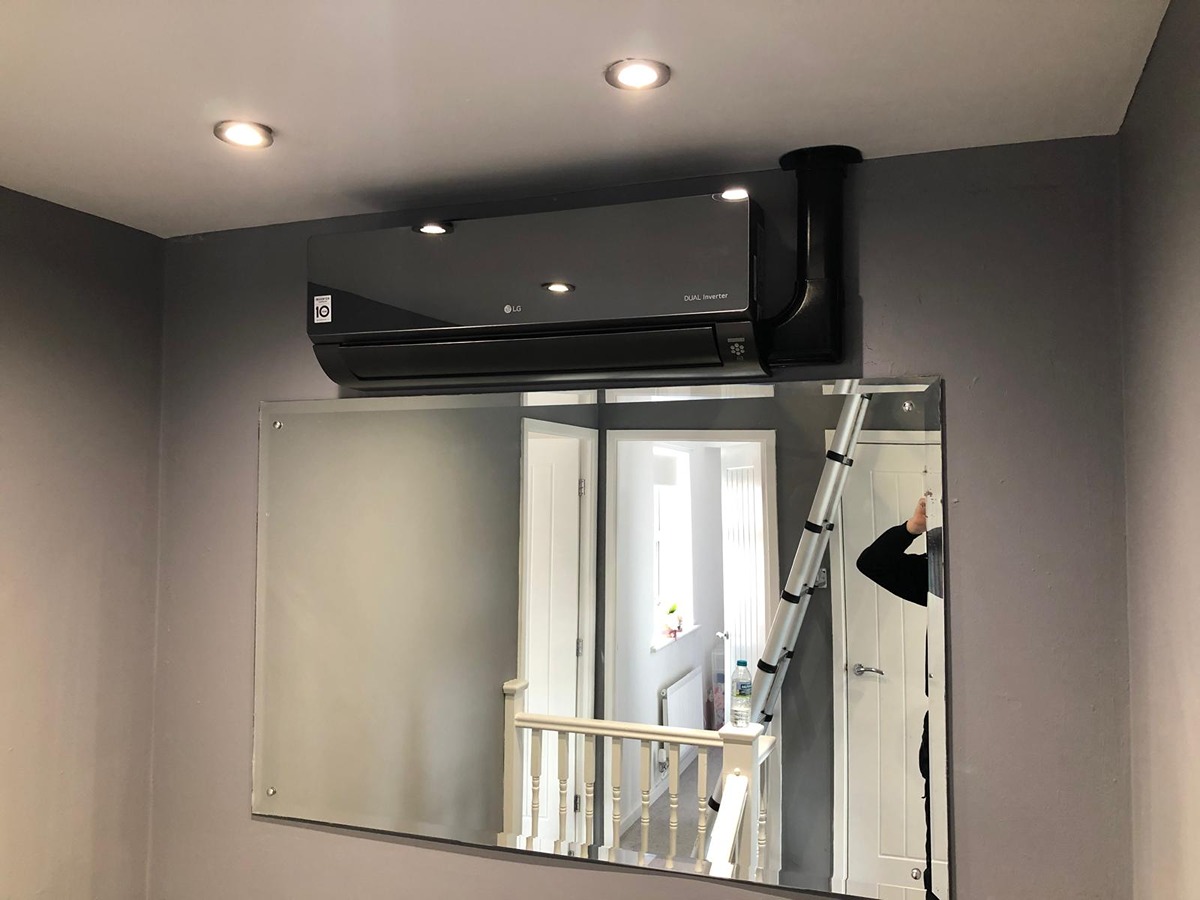
Can Overusing AC Units Make Allergies And Asthma Worse?
Air conditioning systems are often seen as a blessing during hot weather, however, excessive use of these systems can worsen symptoms of asthma and allergies. When air conditioning is set too low and operates continuously, it can create an overly dry environment inside your home. These dry conditions can irritate your respiratory system, potentially leading to the onset of asthma symptoms or even asthma attacks.
Failing to maintain AC/HVAC units can also lead to dust and mould accumulating in the system. These particles can then end up circulating throughout your home; increasing the risk of allergic reactions. For people with asthma, it's crucial to ensure that your air conditioning units can maintain a suitable indoor humidity level.
If the humidity drops too low, it can lead to your airways drying out - which can cause discomfort and breathing issues. On the other hand, high humidity levels can lead to dust mites and mould growth, which can aggravate asthma and allergy symptoms.
Regularly cleaning your air conditioning units can help prevent the build-up of allergens. Additionally, professionals can offer advice on filter types, maintenance schedules, and humidity controls, ensuring that the AC system creates a comfortable environment without damaging your respiratory health.
What Are The Things To Look Out For When Using Air Conditioning For Asthma And Allergies?
When using air conditioning to manage asthma and allergies, it's crucial to keep an eye out for several signs. Firstly, focus on regularly cleaning and maintaining your unit's filters. Dirty filters can spread dust and allergens throughout the home, which can worsen allergies and asthma attacks. Aim to clean or replace these filters every few months to keep your indoor air clean and healthy.
Another big consideration is your indoor humidity. Set the air conditioning to maintain an optimal humidity level, around 40-50%. This range helps prevent mould and dust mites from growing - both of which are common triggers for asthma and allergies.
Exposure to fumes and smoke can worsen asthma symptoms, making it important to be aware of safer alternatives. It's also important to keep windows and doors closed when the air conditioner is running. This helps stop allergens like pollen from entering your home.
Positioning your AC unit correctly can maximise the quality of air circulating throughout the room. Proper placement of your AC ensures that clean air is evenly distributed and is not stagnant. By paying attention to these details, people with asthma and allergies can create a healthier living space.
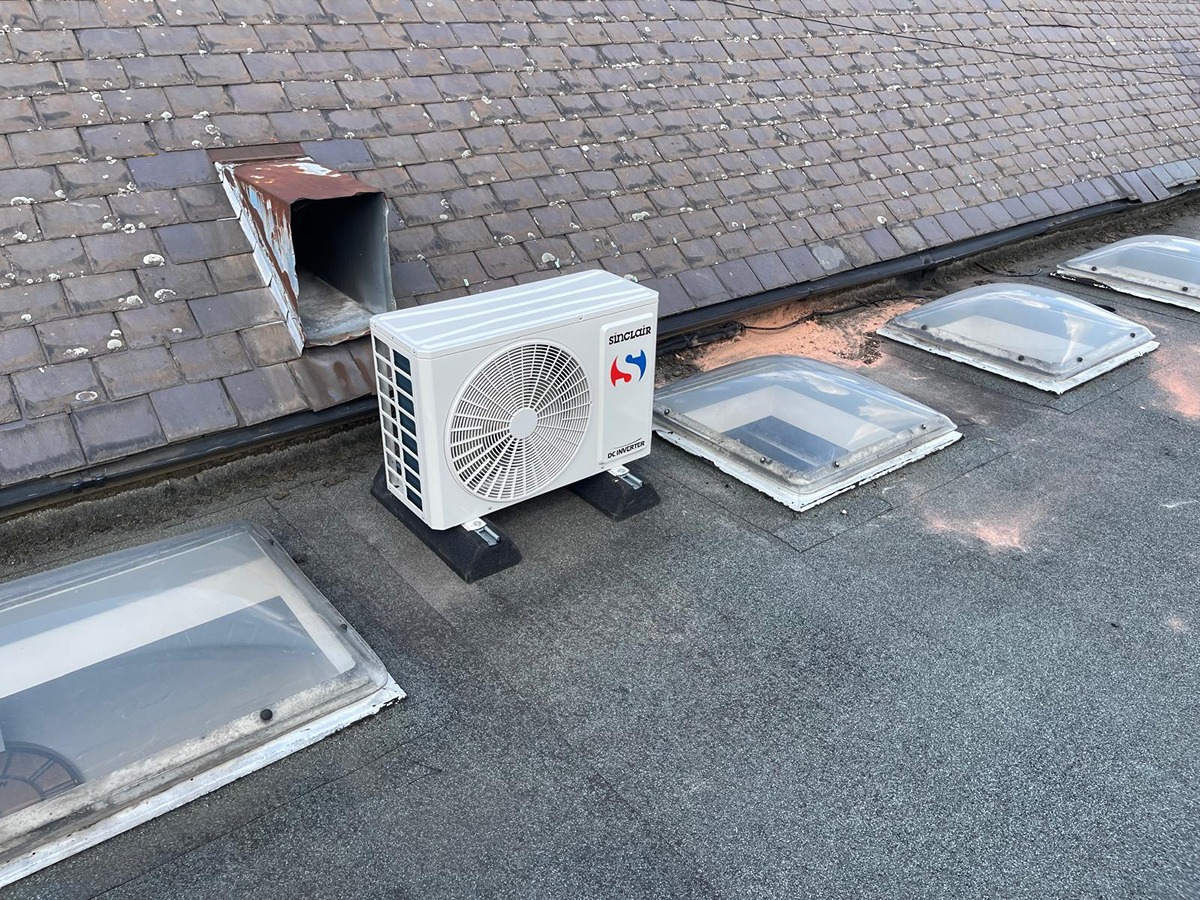
Clean Air, Humidity And Moderation Are Key For Your AC To Reduce Allergies And Asthma
Using an air conditioning system can help reduce symptoms of allergies and asthma if certain conditions are met. The keys to effectively using AC systems include ensuring clean air, maintaining balanced humidity levels, and practising moderation. First and foremost, clean air is vital for anyone struggling with asthma or allergies.
AC units have filters that can capture dust, pollen, and other small particles that can trigger allergic reactions or asthma attacks. It's crucial to regularly clean or replace these filters to ensure they are working effectively. This will reduce the likelihood of inhaling airborne allergens, making breathing much easier.
Consistent indoor humidity levels are crucial for reducing asthma symptoms and preventing attacks. For reference, humidity levels should be kept between 30% and 50%. If the air is too humid, it encourages the growth of dust mites and mould spores - both of which are common allergens. If the air is too dry, the respiratory system can become irritated, making people more susceptible to asthma triggers.
Overusing the AC during transitional seasons can create an indoor climate that's too dry. This overly dry environment can lead to discomfort, skin dryness, and respiratory issues - all of which can worsen asthma and allergy symptoms.
Moreover, it’s important to ensure that the AC system is set appropriately for both temperature and humidity. Avoid swinging between excessively cold or hot temperatures, as this can irritate the respiratory system. Instead, opt for a climate-controlled approach to maintain a stable indoor environment.
Finally, the placement and settings of the AC unit play a big role in its effectiveness. Ensure that the unit is positioned to distribute air evenly and that the settings are tailored to your needs. This personalised approach can enhance the quality of your air and help to mitigate allergy and asthma symptoms. By focusing on clean air, balanced humidity, and moderation, you can reduce the symptoms of allergies and asthma.
If you're looking for advice on domestic air conditioning installation or need assistance with your current system, our team is here to support you. Contact us today to discuss your options and find the best solution for keeping your home comfortable all year round.
